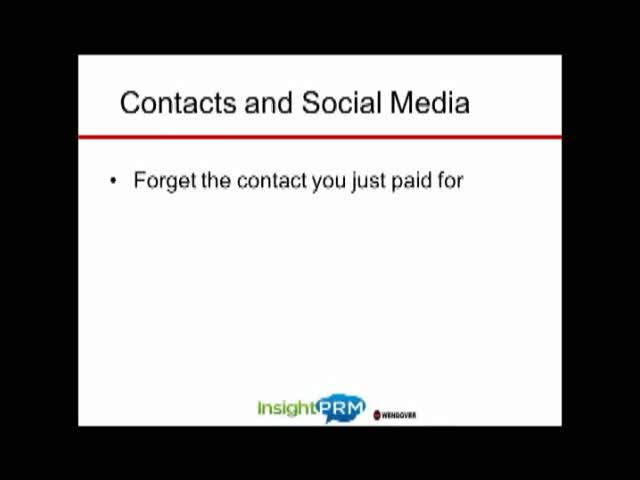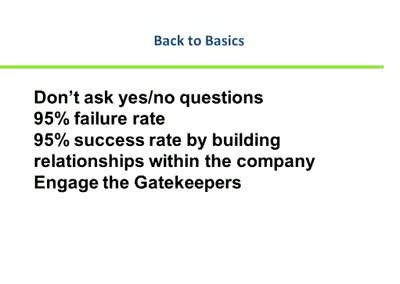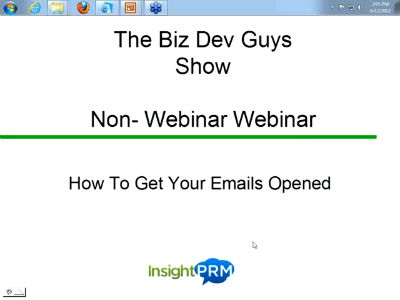What should I do when my prospect lies to me about their trigger event?
In the past, we’ve discussed how trigger events such as an office move are the best indicators of an impending purchase. But what happens when a prospect refuses to admit that the trigger event is actually happening? This is a customer scenario that we see frequently:
Sales Rep Bob contacts a confirmed office relocation lead, and the company (let’s call them ABC Co.) promptly tells him: “You’re the fifth salesperson to contact me today. I don’t know where you got your information, but we’re not moving our business.” Sales Rep Bob becomes discouraged and assumes that ABC Co. is telling the truth: they’re not moving. He gives up on the lead. Several months later, ABC Co. relocates their office, using the services of Bob’s competitor.





